A panel discussion on Thursday, 2 December 2021 with Thomas Gruber and Martina Hartmann
Ernst H. Kantorowicz (1895-1963) was an exceptional medieval historian in many ways. His publications, for one, were highly popular: his 1927 biography of Emperor Frederick II was a bestseller and his famous book The King’s Two Bodies, published in 1957, reached classic status - in Germany somewhat later as elsewhere. In particular his biography and his lifestyle as a swashbuckler, cosmopolitan, and dandy are highly unusual in relation to how scholars of medieval history are commonly conceived.
Ernst Kantorowicz grew up as the son of the largest German liqueur distillers in Posen. He distinguished himself as a soldier in World War I, but was relegated in rank after having an affair with the mistress of his commanding officer. After the war, Kantorowicz fought against the Poles in his home town of Posen, against the Spartacus League in Berlin, and against the Bavarian Soviet Republic in Munich. Under the Weimar Republic, he was an enthusiastic nationalist and a member of the circle of Stefan George. As a professor at the university of Frankfurt, he bravely spoke out against the Nazi regime in 1933. Being thereafter forced to retire, he nevertheless cultivated contacts with intellectual circles in Berlin and Oxford, including Maurice Bowra, Isaiah Berlin, Marion Gräfin Dönhoff, and Albrecht Graf von Bernstorff. During the November Pogroms in 1938, Kantorowicz barely escaped being arrested and fled to Berkeley where he resumed university teaching. He lost his professorship there in 1950 for refusing to sign a McCarthyist „loyalty oath“, but received a position at the »Institute for Advanced Study« in Princeton, where he remained until his death, making friends with renowned scholars such as Erwin Panofsky and Robert Oppenheimer. Since 1949, Ernst Kantorowicz was a corresponding member of the MGH central board of directors.
Robert E. Lerner’s authoritative Kantorowicz biography, recently translated into German by Thomas Gruber, tells the story of a great intellectual whose life and times were just as fascinating as his writings. In the upcoming panel discussion, Thomas Gruber and MGH president Prof. Dr Dr h.c. Martina Hartmann explore the many-sided phenomenon Ernst H Kantorowicz.
Dr Thomas Gruber is a post-doctoral Fellow at I Tatti – The Harvard University Center for Italian Renaissance Studies. After studies in Heidelberg and Munich and his PhD at Merton College in Oxford, he worked in the German Bundestag and a public consultant. Sind 2017, he returned to I Tatti as an assistant director for publication and conferences. Besides studying early forms of unbelief and atheism, his research focuses on the history of ideas in the 20th century, in particular the life of Ernst H. Kantorowicz and the role of Florence as a place of exile and thought exchange between 1918 and 1944. Thomas Gruber’s translation of Robert Lerner’s Kantorowicz biography, published by Klett-Cotta, reached fourth place on the nonfiction bestseller list of ZDF, Die ZEIT and Deutschlandfunk Kultur in March 2020.
The panel discussion is scheduled for December 12 2021 at 7 p.m. It is planned to be held live in the rooms of the MGH Munich institute with accompanying digital broadcast. More information and the access codes will be made available to registered viewers at the latest 3 days prior to the event. To attend, please register via e-mail to annette.marquard-mois@mgh.de.


